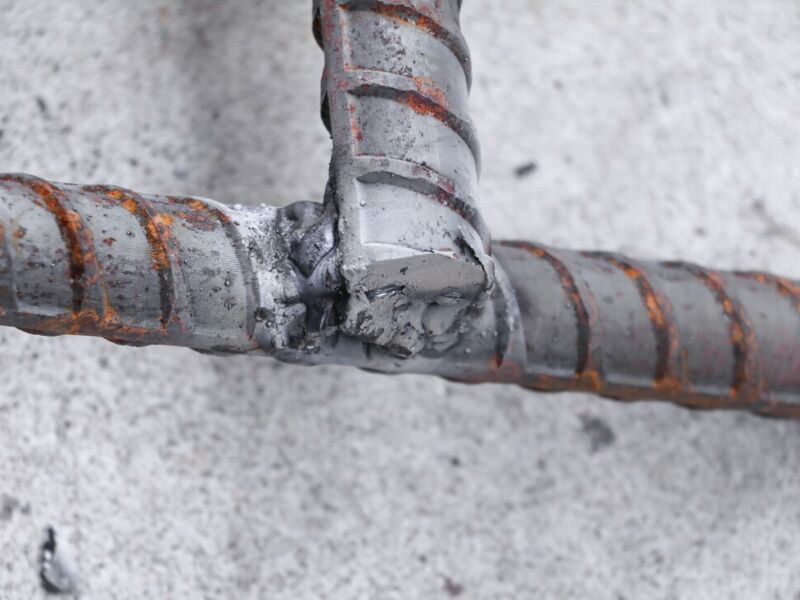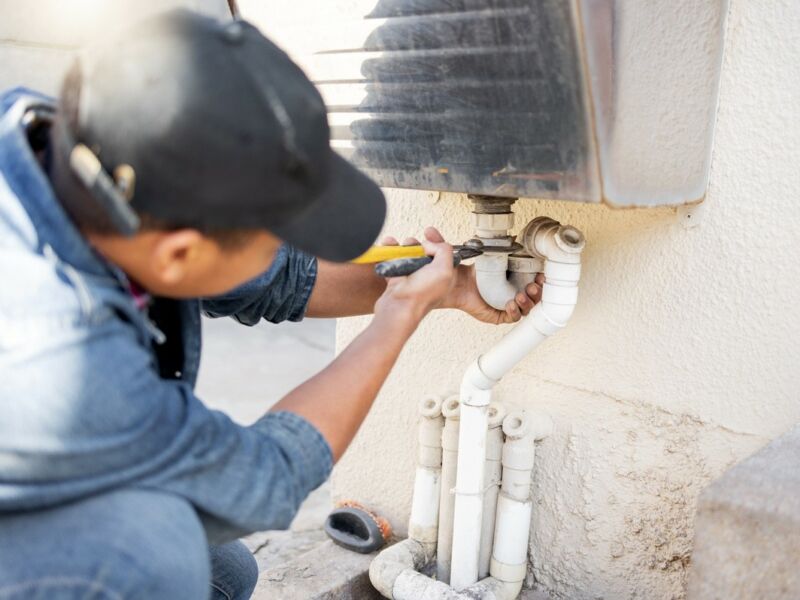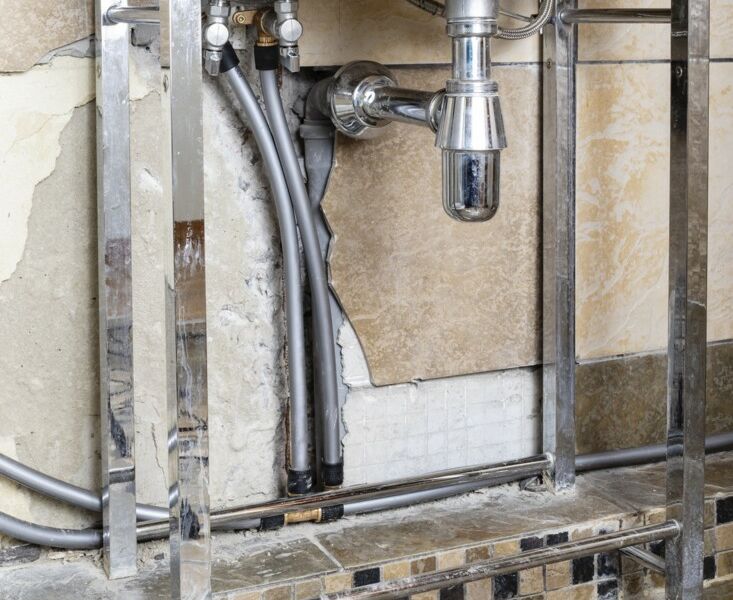
Introduction
Broken pipes can cause significant damage to your home or property. They can lead to costly repairs, water damage, and even mold growth. One effective way to prevent broken pipes is by properly insulating them. In this article, we will provide you with comprehensive tips and techniques for pipe insulation, as well as information on pipe repair and water damage prevention.
The Importance of Pipe Insulation
Pipe insulation is crucial for protecting your pipes from extreme temperatures. Insulating your pipes can help prevent them from freezing and bursting during cold weather, and also protect them from heat damage during hot weather. Properly insulated pipes can maintain the optimal temperature of the water flowing through them, reducing energy consumption and saving you money on utility bills.
Benefits of Pipe Insulation
- Prevents freezing and bursting of pipes in cold weather
- Protects pipes from heat damage
- Reduces energy consumption and utility bills
- Extends the lifespan of your pipes
- Prevents water damage and mold growth

Tips for Proper Pipe Insulation
1. Choose the Right Insulation Material
There are various insulation materials available for pipe insulation, including foam, fiberglass, and rubber. Consider the temperature conditions in your area and consult with a professional to determine the most suitable insulation material for your pipes.
2. Insulate Both Hot and Cold Water Pipes
It’s essential to insulate both hot and cold water pipes to prevent heat loss or gain. Insulating only the hot water pipes can result in energy wastage and inconsistent water temperature.
3. Insulate Exposed Pipes
Identify any exposed pipes in your home, such as those in the basement, attic, or crawl spaces, and insulate them properly. Exposed pipes are more susceptible to extreme temperatures and need insulation for protection.
4. Seal and Secure Insulation
Make sure the insulation is tightly sealed around the pipes to prevent air leaks. Use appropriate sealing materials, such as insulation tape or clamps, to secure the insulation in place.

5. Consider Pipe Insulation Sleeves
Pipe insulation sleeves are pre-cut, pre-formed insulation pieces that easily fit around pipes. They provide a convenient solution for insulating pipes in hard-to-reach or tight spaces.
6. Pay Attention to Pipe Joints and Connections
Insulate pipe joints and connections to minimize heat loss or gain in these vulnerable areas. Use insulation tape or foam to cover the joints and ensure proper insulation.
7. Schedule Regular Inspections and Maintenance
Regularly inspect your pipe insulation for signs of damage, wear, or deterioration. Replace any damaged or worn-out insulation promptly to maintain the efficiency of your insulation system.
Pipe Repair and Water Damage Prevention
Despite taking all necessary precautions, pipes may still break or leak. In such cases, it’s crucial to act quickly to minimize water damage. Here are some steps to follow:
1. Turn Off the Water Supply
If you discover a broken or leaking pipe, the first step is to turn off the water supply to prevent further water damage. Locate the main water shut-off valve in your home and close it.
2. Call a Professional Pipe Repair Service
It’s essential to contact a professional pipe repair service to assess and fix the broken or leaking pipe. Attempting to repair the pipe yourself may cause further damage or lead to improper repairs.
3. Remove Water and Dry the Affected Area
Remove any standing water and dry the affected area immediately. Use towels, mops, or a wet/dry vacuum to extract the water. Consider using fans or dehumidifiers to accelerate the drying process and prevent mold growth.
4. Assess and Repair Water Damage
Inspect the surrounding areas for any signs of water damage, such as soaked walls, ceilings, or flooring. Address any damaged areas promptly to prevent further structural issues or mold growth. Consulting a water damage restoration specialist may be necessary.
Important Facts and Statistics about Broken Pipes
- Recently, a water main repair in Brooklyn was completed on an emergency basis after the property owner discovered their water main was made of lead (source).
- Broken pipes can lead to more than just small leaks; they can have significant implications for plumbing systems (source).
- Clogged drains and pipes can cause major issues, especially for businesses that heavily rely on proper plumbing function (source).
- Severe environmental stressors like earthquakes are known to cause severe pipe damage in properties located along fault lines (source).
Frequently Asked Questions (FAQ)
What should I do when I find a broken pipe?
1. Turn off the water supply
2. Call a professional pipe repair service
3. Remove water and dry the affected area
4. Assess and repair any water damage
For more information, refer to our section on pipe repair and water damage prevention.
Why is pipe insulation important?
Properly insulating your pipes is a crucial step in preventing broken pipes and minimizing potential water damage. By following the tips and techniques outlined in this article, you can ensure the optimal functioning and longevity of your plumbing system. Remember to also schedule regular inspections and maintenance to identify and address any potential issues before they result in major problems. If you require professional pipe repair or water damage restoration services, please contact JGW Group Water Damage Restoration Las Vegas at 725-240-0640.



